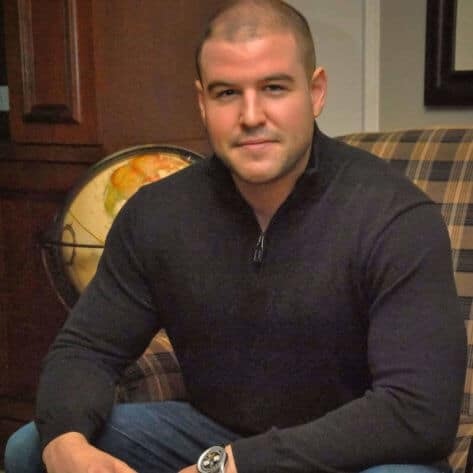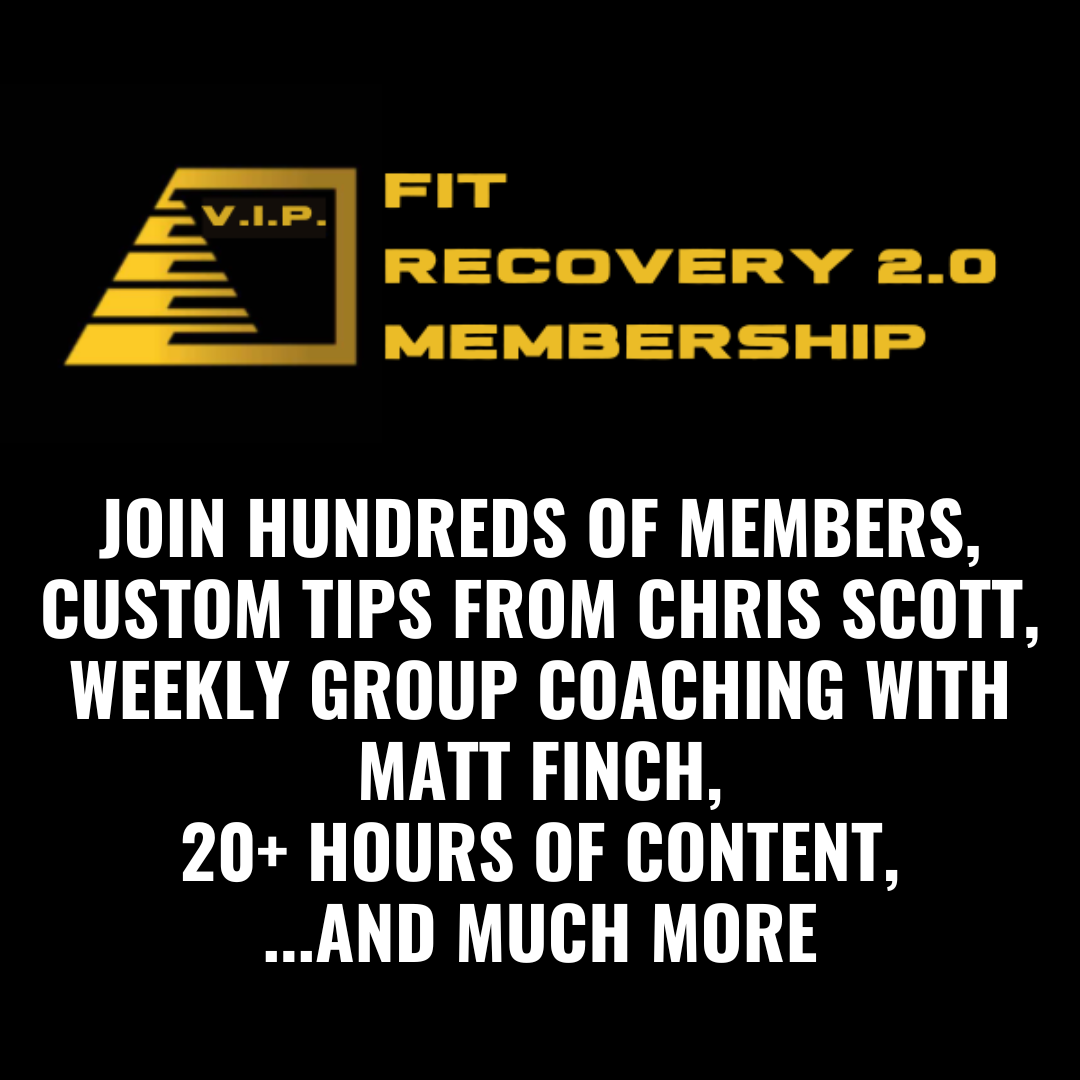 When was the last time you said something stupid, or made a minor mistake, and then beat yourself up internally about it for more than a minute or two?
When was the last time you said something stupid, or made a minor mistake, and then beat yourself up internally about it for more than a minute or two?
In the weeks after I quit drinking, even something as small as stubbing my toe could lead to a barrage of negative self-talk that would throw off my mental balance and distract me from dealing with important things.
I would then find myself facing a crucial decision and feeling as if I wanted to retreat away from it.
Within a few months of quitting alcohol, I began reading a lot about psychology. I wanted to understand not only the brain science behind addiction, but the deep forces that affect our personality types, outward demeanors, and life-changing decisions.
Research into the power of self-talk intrigued me, since it seemed to confirm something I’d suspected for a long time. That is, we do ultimately have some control over the emotions we feel – we’re consciously programming our subconscious minds all the time, though we’re not always consciously aware of whether our internal dialogue is healthy or not.
By replacing negative thoughts (e.g., “I suck, I always screw this up”) with positive ones (e.g., “I am good, and I will succeed”), we can program our subconscious minds to align better with our conscious goals.
It does not happen overnight, but I can attest to the power of consciously monitoring your self-talk.
With no history of psychiatric disorders before my physical addiction to alcohol, I realized that a lot of my negative thoughts were residue left over from the pain of withdrawals. Negative self-talk was a trick that my addiction had used against me in order to get me to drink again, as soon as possible.
If I sensed sadness, awkwardness, or pain of any kind, my internal dialogue spiraled out of control, even though others could not see it. And in my experience, the dialogue did not turn positive when I drank, it simply vanished into thin air, as my attention turned to various, range of the moment pleasantries and the sensory bliss provided entirely by booze.
So, about 6 months into my recovery, I began actively regulating my self-talk. I made a point to do this in the morning – immediately after waking up – and during meditation sessions that usually lasted 20-30 mins each day.
I’ve been doing this for quite some time now, and although I still have days that feel “off” in some way or another, I feel increasingly positive as each day goes by.
Think of your mind as an operating system, and yourself as the programmer. The thought inputs that you choose – either actively, or by default – will combine with familiar contexts and manifest later as emotions that you feel automatically.
You might feel silly at first. But give it a shot, and make a written agreement to yourself to monitor your own internal dialogue. If you’re like me, you’ll notice a difference in your overall perspective and mood within several weeks.
Author
-

Chris Scott founded Fit Recovery in 2014 to help people from around the world dominate alcohol dependence and rebuild their lives from scratch. A former investment banker, he recovered from alcohol dependence using cutting-edge methods that integrate nutrition, physiology, and behavioral change. Today, Chris is an Alcohol Recovery Coach and the creator of an online course called Total Alcohol Recovery 2.0.
View all posts





